According to the Bureau of Labor Statistics, women represent almost half of total employees across all industries, but only about 10 percent of the construction workforce. At SitelogIQ, where the percentage of the female workforce is double the national average at 20 percent, we are proud to recognize the women that form the backbone of our company.
Already possessing industry-critical skills and expertise, such as leadership, management, strategy, business, sales, and marketing, women are a natural fit for a wide range of constructi
 on roles. Women at SitelogIQ are project managers, engineers, marketers, accountants, project coordinators, human relations professionals, restoration technicians, and more.
on roles. Women at SitelogIQ are project managers, engineers, marketers, accountants, project coordinators, human relations professionals, restoration technicians, and more.
We asked four women to describe their roles in the construction industry and how the industry has influenced their careers.
Shawna Strine
Role: Project Manager
Years with SitelogIQ East: 18
Roshelle Fennell, CDT
 Role: Senior Project Manager
Role: Senior Project Manager
Years with SitelogIQ East: 6
Erin Kelly
Role: Energy Engineer
Years with SitelogIQ East: 1
Karla Villamizar, CEM
 Role: Project Development Engineer
Role: Project Development Engineer
Years with SitelogIQ East: 1
Why did you choose a career in construction?
Shawna: I started with SitelogIQ East as a receptionist and decided to learn more about SitelogIQ and construction. Therefore, it kind of chose me!
Roshelle: I chose a career in construction because I liked to watch houses being built and going inside them at each step along the way. I also chose construction because I thought each project would provide a different opportunity and I liked the fact that you were not in an office all the time.
 Erin: I’ve always been passionate about math and science, and a career in engineering seemed like the next logical step. I like problem solving and working in construction allows me to do that.
Erin: I’ve always been passionate about math and science, and a career in engineering seemed like the next logical step. I like problem solving and working in construction allows me to do that.
Karla: I don’t feel it was ever a decision. I started out selling HVAC equipment, and that lead to energy efficiency and construction.
What stereotypes have you heard about women in construction, and how are you proving the stereotypes aren’t true?
Shawna: Most of the stereotypical stuff is “women belong at home” or “women belong in the office (not in the field)” or “women don’t belong in construction.” I am proving them all untrue, because I am an example of a woman who works full-time outside the home (in construction) and MOSTLY in the field. I do not listen to naysayers, or anyone who says I can’t do something, especially just because I am a female. I just want to prove them wrong.
Roshelle: The main stereotype is that women have a delicate nature and are limited in what they can do in the male dominant construction industry. Unfortunately, when a woman is first seen in the construction field, she is automatically assumed to be the secretary. I hope to be proving that women can do everything their male counterparts can do within the construction industry, maybe even better. I’m hoping to prove that women can be more detail oriented, more organized, better communicators, fair negotiators, and better multi-taskers in the fast-paced construction industry.
Erin: I think a common stereotype is that there are not any women in construction, or that they aren’t as ‘good’ as men. I am proving that false by being here and working to my full capability to be the best engineer I can.
Karla: It is hard to find someone verbalizing these days about stereotypes, but what is still very real is unconscious bias and that is very widespread. I just work, and it is just matter of time and continuous work before people will recognize your work ethic, being a team player, and a contributor to the team’s success.
What advice would you give a woman who is considering a career in construction?
Shawna: Stay strong. Don’t give up and don’t listen to stereotypes or people who say you can’t do it…anyone can do it!
Erin: I would say to keep working at it and learn as much as you can. Your experiences and coworkers are your best resources. Being involved in professional organizations is also a good idea, as it allows you to explore different parts of the industry.
Karla: I would say 80% of construction is planning and 20% execution. Being a woman in construction doesn’t mean you will do hands-on work; there is a lot going on behind the scenes that requires smart people with good organization skills. If you are starting on a construction job my advice is to keep communication lines open. It is the best for everyone on the team to be aware of everything that is going on with the project and determine if something will affect them, rather than having something planned and realizing at the last minute it won’t work because of something they were not aware of. Also, set clear goals, so people know what to do and what success looks like.
What is your favorite part of your job?
Shawna: The people I work with every day.
Roshelle: My favorite part is the first time that a school district’s staff and students get to see their new building and seeing how excited they are. I always try to be at the school on the first day of school after a project is completed. The people I meet through the projects both at the district and the contractors is my second favorite part.
Erin: My favorite part is that what we do is making a difference. We improve the lives of our clients and everyone who enters those buildings after we work on them. I also really like that what we do improves buildings’ sustainability and reduces their environmental impact.
Karla: The change of pace between office work and field work.




